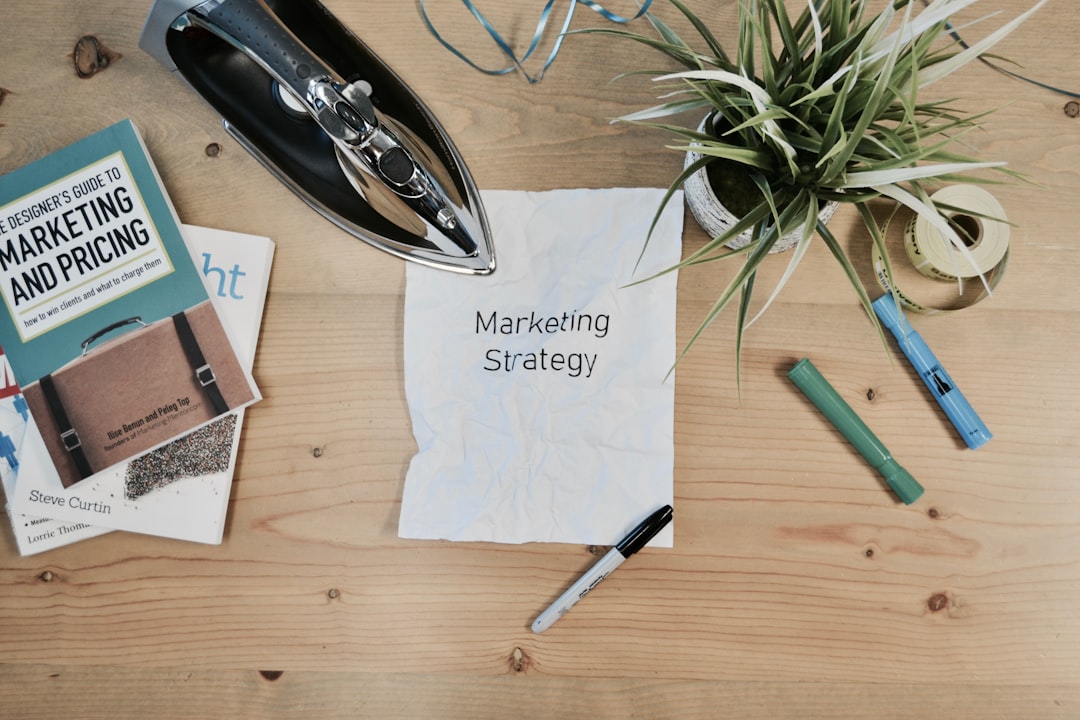In today’s fast-evolving digital landscape, marketers are constantly searching for innovative ways to maximize event success and return on investment (ROI). Product events marketing automation has emerged as a game-changer, empowering businesses to streamline promotional efforts, enhance customer engagement, and accurately track outcomes. Whether it’s a product launch, webinar, trade show, or virtual conference, marketing automation makes event execution more efficient and impactful.
What is Product Events Marketing Automation?
Product events marketing automation refers to the use of software and tools to automate various tasks associated with promoting, managing, and analyzing product-related events. These tools can handle email campaigns, social media scheduling, attendee tracking, lead nurturing, post-event follow-up, and data analytics — all in one unified system.
The key benefit lies in its ability to personalize communication at scale, ensuring prospective attendees receive the right message at the right time. This not only enhances engagement but also increases attendance rates and leads to better-qualified opportunities.

Why Automate Product Event Marketing?
Marketers often face several challenges when managing product events: limited time, budget constraints, and repetitive administrative tasks. Automation addresses these issues while delivering substantial enhancements in performance.
Key advantages include:
- Improved targeting: Segmenting audiences based on behavior and demographics ensures relevant messaging.
- Efficiency: Minimizes manual tasks such as follow-up emails, reminder notifications, and data entry.
- Real-time tracking: Gain instant insights into attendee engagement, conversions, and ROI metrics.
- Scalability: Manage campaigns for small webinars to large product expos without significant manpower increases.
Boosting Engagement with Personalization and Timely Communication
Personalization is at the heart of effective engagement. Automation platforms can tailor outreach based on user behavior, past interactions, and event preferences. From personalized invitations to event-specific content recommendations, automated systems ensure each interaction feels customized and relevant.
For instance, if a user clicked on a signup link but didn’t register, the system can send a reminder email or retarget them through social media. Such micro-level interactions, powered by AI and data analytics, dramatically impact event attendance and participation.

Driving Higher ROI Through Intelligent Insights
One of the most valuable aspects of product events marketing automation is detailed reporting. Beyond attendance, marketers can track metrics like registration-to-attendance conversion, session popularity, and post-event behavior. These insights help refine future campaign strategies and maximize ROI.
Post-event automation tools can also segment attendees based on their engagement levels and trigger customized follow-up workflows — whether it’s onboarding, sales outreach, or feedback collection. With every touchpoint monitored, nothing falls through the cracks.
Key Features to Look for in an Automation Platform
To successfully automate your product event marketing, choosing the right platform is critical. Look for tools that offer:
- Email and SMS campaign automation
- CRM and event registration integration
- Real-time engagement analytics
- Custom workflows and audience segmentation
- Post-event reporting and lead scoring
Some of the popular platforms include HubSpot, Marketo, ActiveCampaign, and Eventbrite with marketing integrations. Evaluate each based on your event type, team size, and budget.
Conclusion
Product events are an essential part of the customer journey, offering businesses a prime opportunity to create lasting impressions and generate quality leads. By leveraging product events marketing automation, companies can not only streamline operations but also significantly boost engagement and ROI. The future of event marketing is smart, scalable, and data-driven — and those who embrace automation stand to gain the most.
Frequently Asked Questions (FAQ)
- Q: What types of product events benefit most from automation?
A: Webinars, product launches, trade shows, virtual summits, and promotional campaigns benefit greatly from automation due to repetitive tasks and large-scale outreach required. - Q: How can I measure the success of an automated event marketing campaign?
A: Use KPIs such as registration rates, attendance percentage, engagement during the event, lead-to-sale conversion, and post-event feedback to evaluate success. - Q: Do I need technical skills to set up marketing automation?
A: Most modern platforms are user-friendly with drag-and-drop functionality. However, for complex setups, minimal training or IT assistance might be helpful. - Q: Can automation replace human interaction in event marketing?
A: Not entirely. While automation streamlines tasks and improves targeting, human interaction is crucial for relationship building, trust, and personalized support. - Q: How soon should I start automating my next product event?
A: Ideally, automation should begin at the planning stage — allowing for audience segmentation, timely promotion, and strategic follow-up before and after the event.



